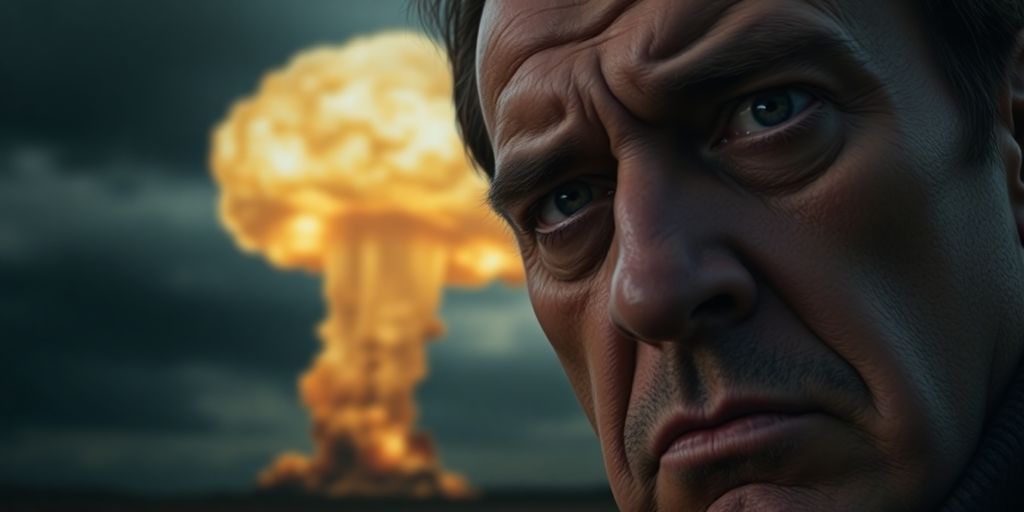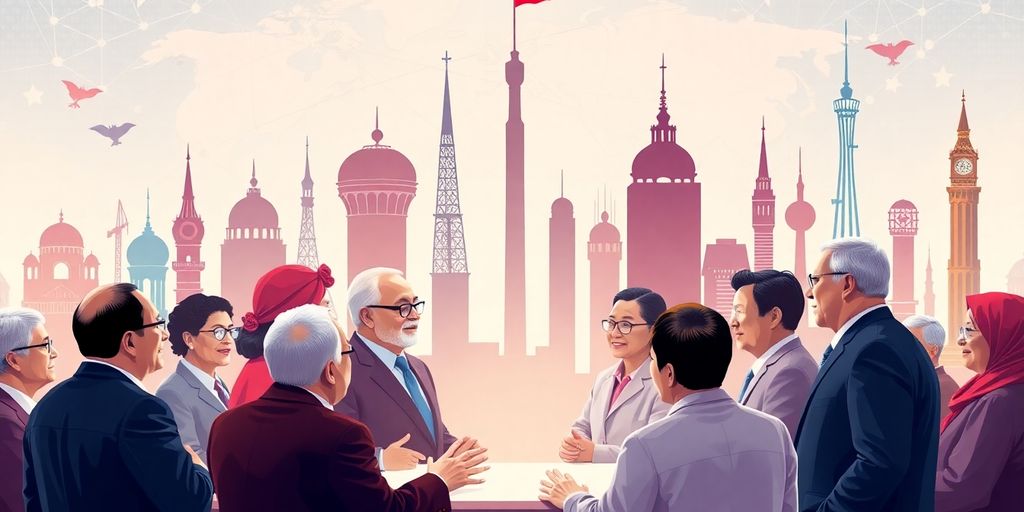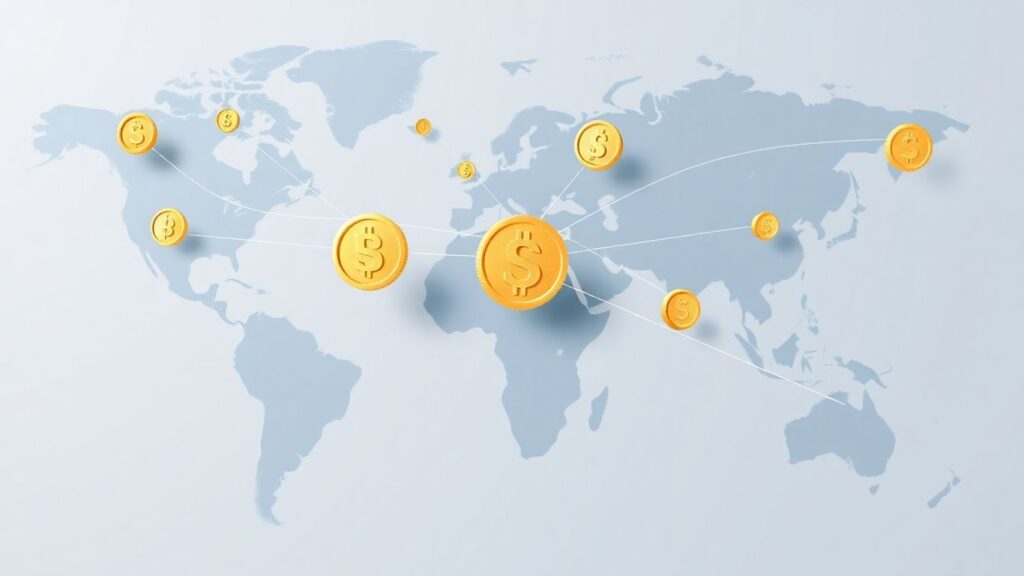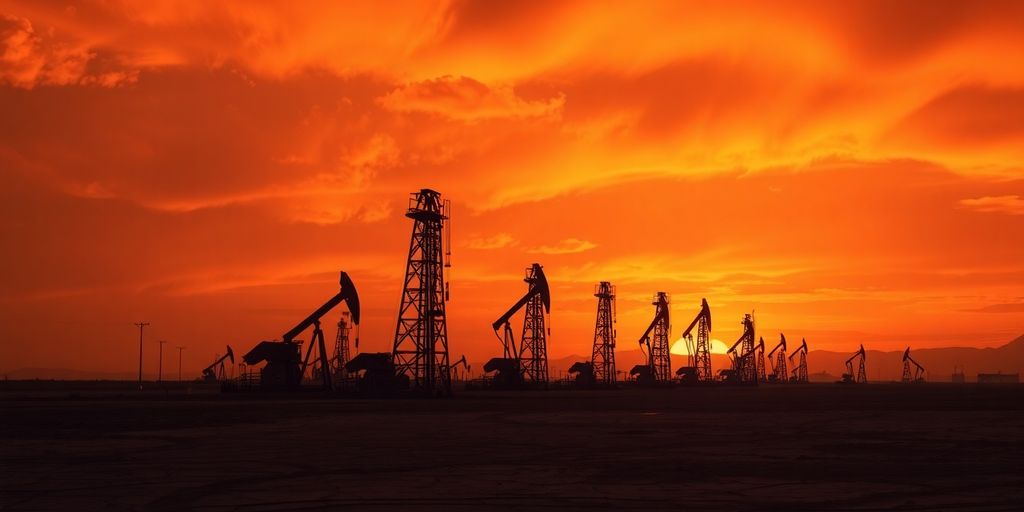Jeffrey Sachs: The US Is Leading Us Closer To Nuclear War

In a recent interview, world-renowned economist Jeffrey Sachs shared his concerns about the current state of U.S. foreign policy and its implications for global security. Sachs argues that the U.S. is steering the world toward nuclear catastrophe, a sentiment that resonates deeply in today’s geopolitical climate.
Key Takeaways
- The Doomsday Clock is currently set at 90 seconds to midnight, indicating an unprecedented risk of nuclear war.
- Sachs expresses distrust in U.S. foreign policy, suggesting it is driven by arrogance and leads to global instability.
- He highlights the role of Israel and its Prime Minister Netanyahu in shaping U.S. policy in the Middle East.
- The U.S. has a history of covert regime changes that have contributed to international tensions.
- Sachs argues that the U.S. is not only responsible for its actions but also for the consequences they bring to other nations.
The Doomsday Clock: A Grim Indicator
The Doomsday Clock, created by the Bulletin of Atomic Scientists, serves as a symbolic representation of how close humanity is to nuclear disaster. When it was first unveiled in 1947, it was set at seven minutes to midnight. Today, it stands at just 90 seconds to midnight, the closest it has ever been. This alarming shift reflects the escalating tensions and the potential for catastrophic conflict.
Sachs emphasizes that every U.S. president since 1992 has left office with the clock closer to midnight than when they took office. This trend raises serious questions about the effectiveness of U.S. foreign policy and its ability to maintain global peace.
Distrust in U.S. Policies
Sachs does not hold back in expressing his distrust of U.S. policies. He believes that the arrogance of U.S. leadership has led to unnecessary wars and increased risks of global conflict. Drawing from historical perspectives, he recalls the words of Senator J. William Fulbright, who warned about the dangers of power and arrogance in U.S. foreign policy.
He argues that the U.S. has acted as a superpower with a history of imperialism, often overlooking the consequences of its actions on other nations. This perspective challenges the narrative that the U.S. is a force for good in the world.
The Role of Israel and Netanyahu
Sachs provocatively claims that Benjamin Netanyahu is not merely an extension of U.S. policy but rather that the U.S. is an extension of Netanyahu’s agenda. He points to Netanyahu’s long-standing strategies and policies that have shaped U.S. actions in the Middle East, particularly regarding conflicts in Gaza and Lebanon.
Sachs argues that Netanyahu’s approach to security and foreign policy has led to a series of wars and conflicts that have destabilized the region. He believes that the U.S. has been complicit in these actions, often prioritizing Israeli interests over broader global stability.
Covert Regime Changes: A Dangerous Precedent
The history of covert regime changes orchestrated by the U.S. is another point of concern for Sachs. He cites numerous instances where the U.S. has intervened in foreign governments, often with disastrous consequences. For example, he recounts his experience with the CIA’s involvement in the 2004 coup in Haiti, illustrating how these actions can lead to long-term instability and suffering.
Sachs argues that such interventions not only undermine the sovereignty of nations but also contribute to a cycle of violence and retaliation that can escalate into larger conflicts.
Conclusion: A Call for Accountability
As the world faces increasing tensions and the looming threat of nuclear war, Sachs’s insights serve as a stark reminder of the need for accountability in U.S. foreign policy. He calls for a reevaluation of the strategies that have led to conflict and instability, urging leaders to prioritize diplomacy and cooperation over military intervention.
In a time when the stakes are higher than ever, Sachs’s warnings resonate as a call to action for policymakers and citizens alike. The future of global peace may depend on our willingness to confront these uncomfortable truths and seek a more responsible path forward.








Responses